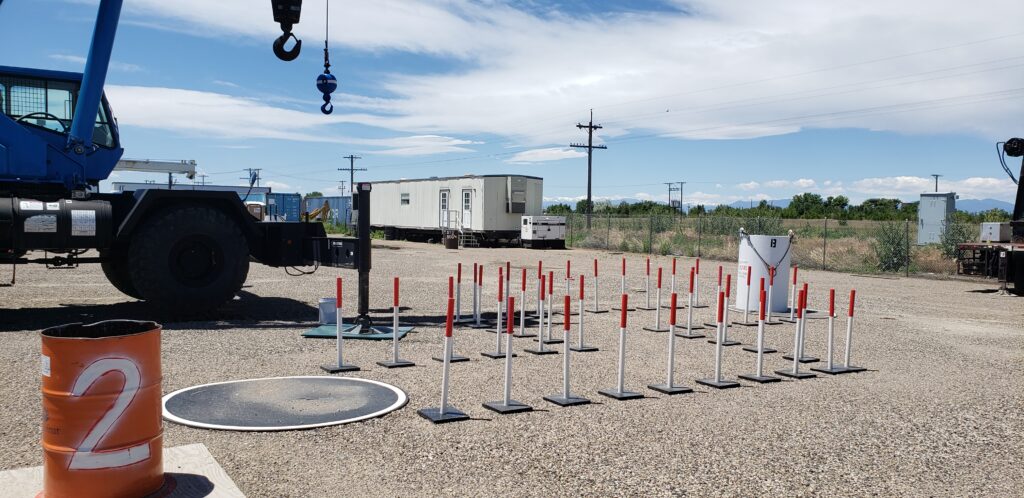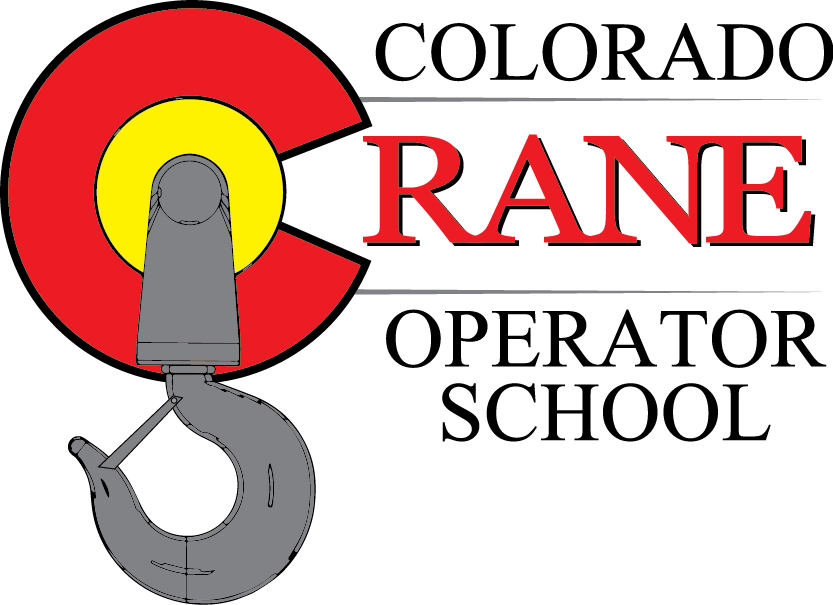Becoming a crane operator is a goal of many people who work in construction. This is a highly valuable skill to have, as cranes play a crucial role in most projects. However, becoming a certified operator takes a lot of time and training – and you also are required to pass a challenging examination.
NCCCO Certification is required to operate specific types of crane machinery weighing 2,000 lbs. or more. Crane operator exam does not just ensure that all operators can operate cranes well, it also makes sure they are knowledgeable in all aspects, such as safety precautions, calculating load weights, and reading load charts.
The NCCCO crane operator certification exam includes two portions: the written exam and the practical exam. You must pass the written exam before you can take the practical and complete both exams within a year of each other to receive certification.
So, here’s what to expect during both of these tests.
Written Examination
There are several different crane operator exams provided by the NCCCO, depending on the type of crane you are specializing in. These options include:
- Mobile crane operator
- Boom truck operator
- Service truck operator
- Tower crane operator
- Lattice crane operator
- Articulating crane operator
These exams will be slightly different, as they are focused on specific types of machinery.
The written exam consists only of multiple-choice questions. Some exams have set time limits as well. For instance, the Tower Crane operation exam consists of 55 questions and has a 60-minute time limit.
These exams will cover four domains related to crane operations.
Domain 1: Site
First, you will be asked questions about worksites for crane operations. This includes identifying ground stability hazards, supporting materials, and safety issues like electric power lines. Additionally, questions may be asked regarding the responsibilities of the operator to safely maneuver the crane during certain site conditions.
Domain 2: Operations
These questions will be focused on aspects such as personnel safety requirements, understanding hand signals, and emergency procedure knowledge. Additionally, you may be tested on safety device function and operator aids (boom angle indicator, wind indicator, etc.) and the requirements for various types of lifts.
Domain 3: Technical Knowledge
The third section is focused on the technical aspect of crane operations, including the inspection process and procedures for using, attaching, and replacing rigging devices.
Domain 4: Manufacturers’ Load Charts
The final section will focus on load chart terminology, calculations, and use. You must be able to read the load chart and identify key parts such as the range diagram, work area, and “parts-of-line” information.
The written exam may be taken by hand or on a computer and you must receive a passing score of 70 to move on to the practical exam.
Practical Exam
The next step in the crane operator evaluation process is taking the practical portion of the exam. During this part of the test, you will be observed completing specific tasks with a crane. The crane evaluation exam can be quite nerve-wracking if you are not prepared – so here’s what to expect.
NCCCO has a crane operator candidate video which provides some insight on how the practical exam functions. You will be given about 15 minutes before the exam begins to familiarize yourself with the equipment.
The first step is the Pre-Operational Inspection, where you will be asked to identify five items that should be inspected before use. You will also need to explain how you conduct the inspection and what safety hazards to keep an eye out for.
The next task is to Place a chain in the Stop Circle, which has a 1 ½ minute time limit. You will use the crane to lift a ball and chain 10 feet into the air and move it from the starting position to a designated circle. The chain must be then carefully dropped into the circle. Points are deducted if the chain drags or has contact with the ground outside of the circle or if you go over the time limit.
The third task is Following Hand Signals. The test examiner will direct you using ASME B30.5 hand signals in any sequence. These hand signals may include:
- Hoist and stop
- Swing and stop
- Lower the load and stop
- Lower the load slowly and stop
- Lower the boom, raise the load and stop
- Raise the boom and stop
- Lower the boom and stop
- Raise the boom, lower the load, and stop
The fourth task is to Place the Ball in Barrels. The time limit ranges between 3 ½ to 4 minutes depending on the type of crane. You will first pick up the ball and move it and drop it inside of Barrel #1. You must then pick up the ball and move it to Barrel #2.
You will lose points if you move or knock over the barrel, drop the ball, or exceed the time limit.

The fourth task involves Negotiating the Zigzag Corridor with a Load. The time limit for this portion is 3 to 4 minutes for each direction, depending on the type of crane. You will be required to lift the test weight into the air and adjust the hoist as instructed by the examiner. You must guide the load through a zigzagged corridor without dropping the load or hitting the barriers. Points will be deducted for doing so or for going over the time limit.
The final step in the crane operator practical exam testing, is the Safe Shut-Down and Securing Procedures. You will describe and complete the proper procedures for turning the crane off and securing the machinery as you would at the end of the workday.
Crane operators must receive a passing score of 75 on the practical exam to receive certification. Their grades will be posted within 12 business days after the exam is complete.
Practice Makes Perfect
The crane operator exam is very intense and requires a lot of knowledge and skill. The only way to ensure that you are truly ready to take and pass the NCCCO certification test is to practice and receive adequate training.
There are lots of benefits to enrolling in a training program which allows you to practice on equipment and even take practice exams so you know exactly what to expect.
Colorado Crane Operator School specializes in providing crane operator courses to prepare candidates to take their exams. But we focus on far more than just being able to answer questions correctly; we focus on training operators to excel in their careers beyond certification.
We also offer course programs and workshops and crane operator training guide for additional specialized training, such as rigger and signal person, lift director, and crane and rigging management.
Conclusion
If you are preparing to take the crane operator exam, you should consider enrolling in a training program first. This will give you a major advantage by learning all you need to know to pass your exam on the first go. Plus, you will be able to receive hands-on training from certified operators to nail the practical portion of the test.
Please contact Colorado Crane Operator School to learn all about our crane operator training program and enroll today!




